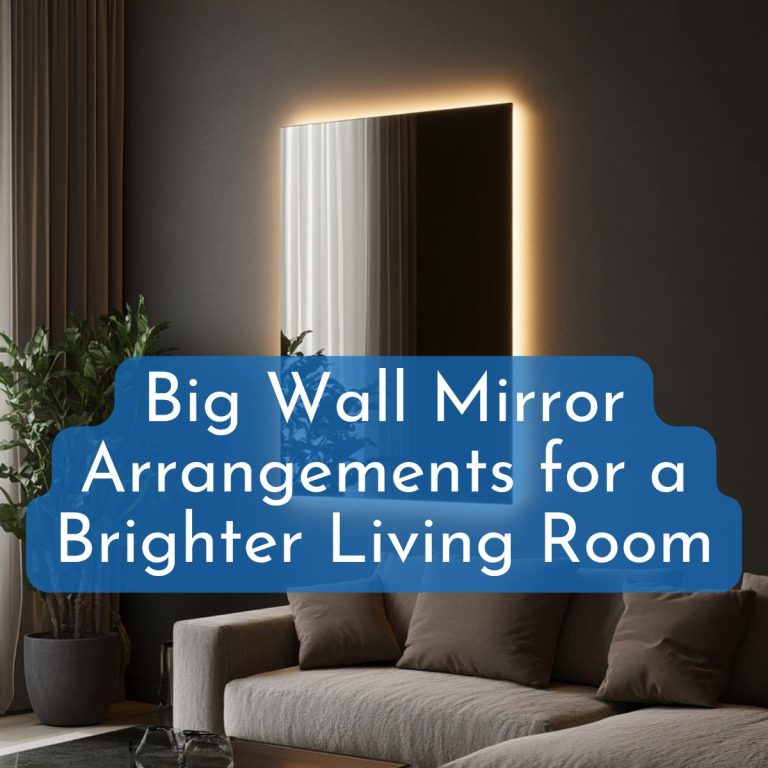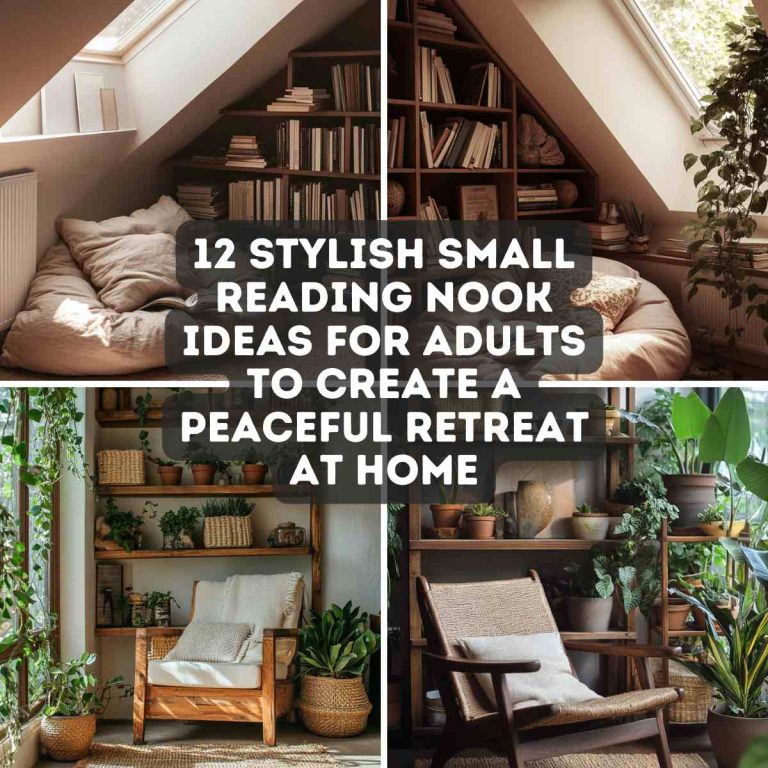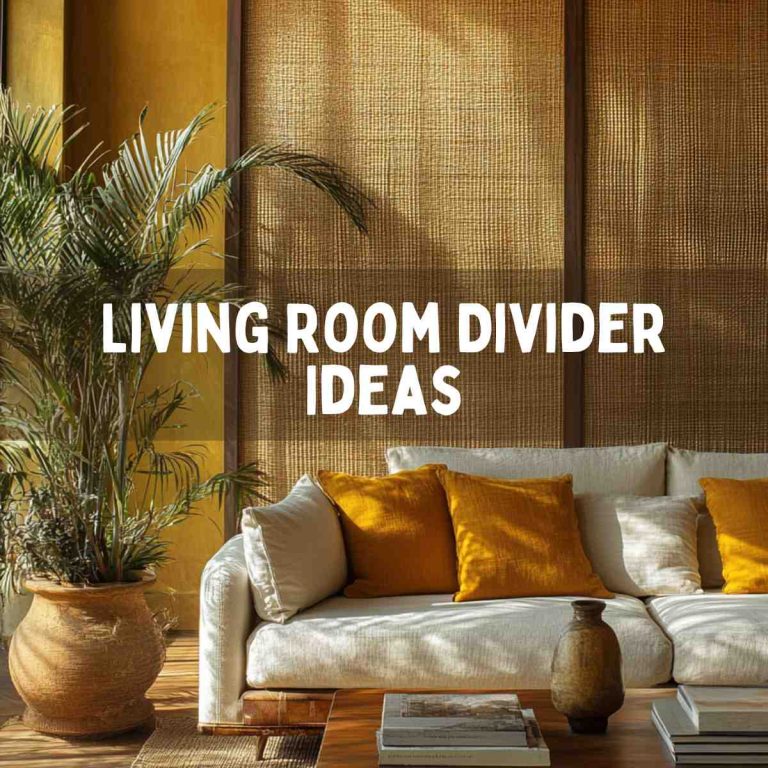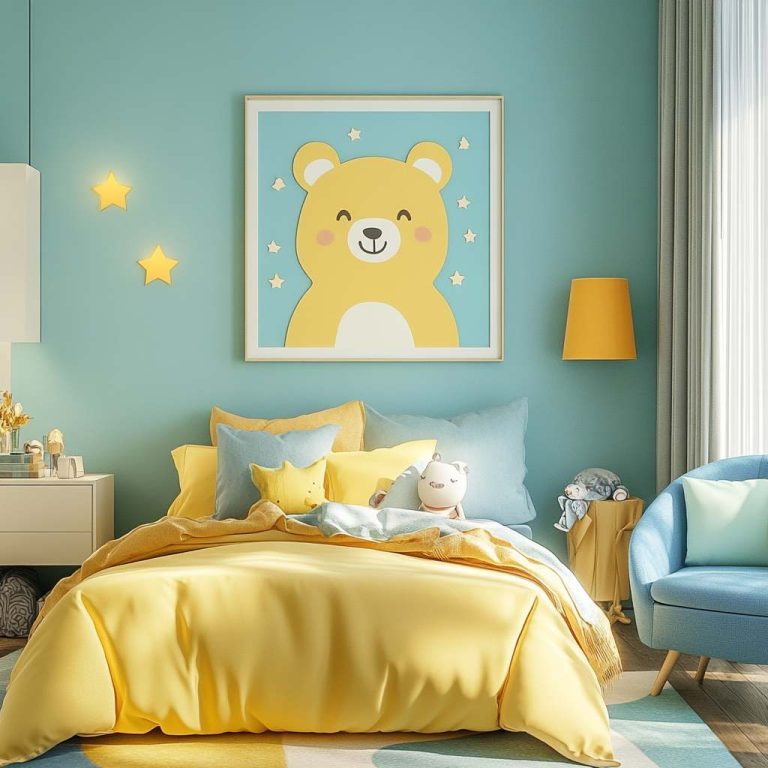Tropical Decor Ideas Featuring a Bamboo Accent Wall
Tropical decor has long captured the imagination of homeowners and interior designers alike. Its lush, inviting aesthetic channels the relaxed energy of island life, blending natural textures with a vibrant yet calming color palette. As sustainability and natural design continue to dominate the trendscape, bamboo has emerged as a standout material—especially when used as an accent wall.
A bamboo accent wall isn’t just a stylistic choice; it’s a transformative design element that brings warmth, texture, and eco-conscious charm to any space. Whether you’re updating a coastal cottage, revamping an urban apartment, or curating a resort-inspired room, bamboo introduces a tactile richness and visual serenity that few materials can rival.
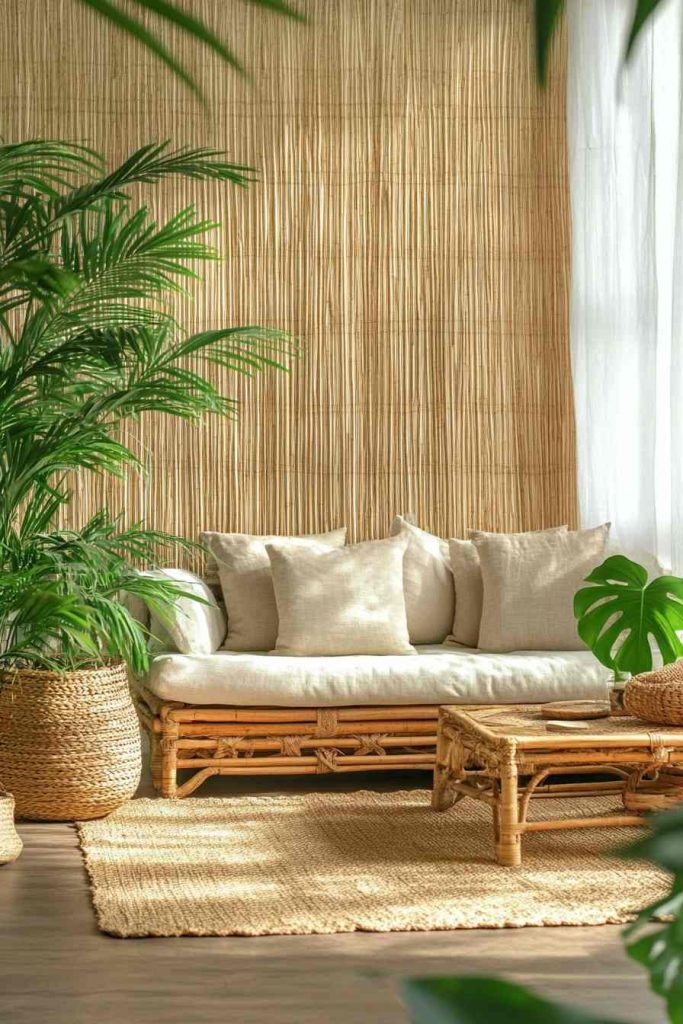
Why Choose Bamboo for Your Accent Wall?
Eco-Friendly and Sustainable
Bamboo is one of the most sustainable materials on the planet. Unlike hardwoods that take decades to mature, bamboo regenerates in just 3–5 years. Its rapid growth, minimal need for pesticides, and carbon-sequestering properties make it an environmentally responsible option for green-minded decorators.
Durability and Longevity
Don’t let its lightweight structure fool you—bamboo is incredibly durable. When properly sealed and maintained, it resists warping and cracking, making it ideal for both indoor and semi-outdoor spaces. It also performs well in humid environments, a natural fit for tropical decor themes.
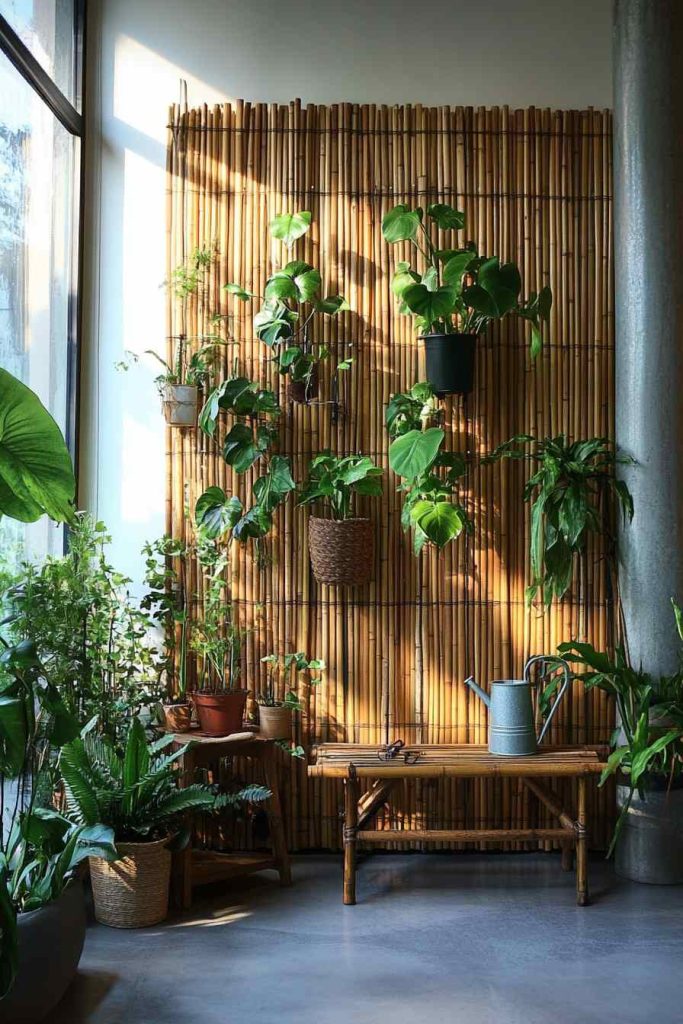
Natural Beauty and Versatility
Bamboo introduces a unique grain and texture, instantly warming up a space. It’s available in shades ranging from golden honey to deep coffee brown, allowing it to complement everything from minimalist to eclectic interiors.
Types of Bamboo Accent Walls
Vertical vs. Horizontal Panels
The orientation of bamboo stalks can dramatically impact the room’s mood. Vertical lines add height and elegance, perfect for making ceilings feel taller. Horizontal layouts, on the other hand, create a cozy, grounded ambiance and can help expand narrow rooms visually.
Bamboo Wallpaper and Faux Bamboo
For renters or those seeking a budget-friendly option, bamboo-printed wallpaper or peel-and-stick faux panels offer the look without the commitment. These options are ideal for quick updates or accenting smaller sections of a wall.
Raw vs. Polished Finishes
Raw bamboo maintains its rustic, natural appeal and suits bohemian or organic themes. Polished or lacquered bamboo, meanwhile, adds a sleek, refined look ideal for modern or Asian-inspired interiors.
Blended Materials
Want something even more unique? Combine bamboo with materials like wood slats, river stones, or textured plaster for added depth. Mixing materials allows for a layered aesthetic that balances structure and softness.
Planning Your Bamboo Accent Wall
Choosing the Right Wall
Accent walls work best where they can become the focal point—behind a bed, sofa, or dining area, or along a hallway. Consider natural light and sightlines. The wall should command attention without overwhelming the space.
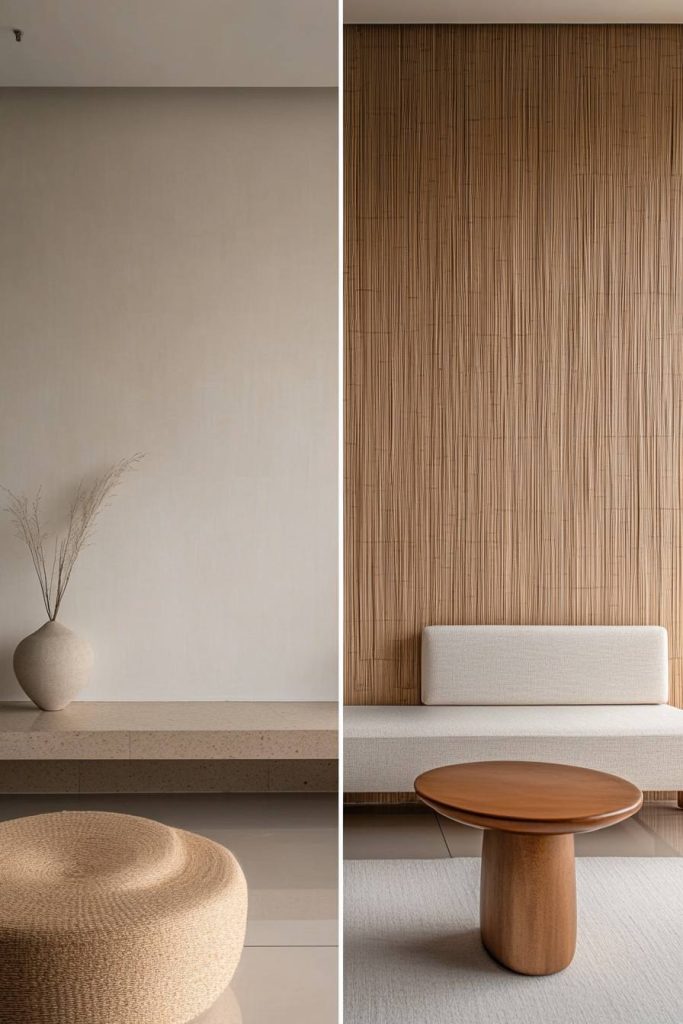
Measuring and Layout
Start with accurate wall measurements and map out the panel placement. Visual balance is key. Leave space for decor like artwork or shelving, or allow the bamboo to speak for itself as a standalone statement.
Budgeting
Material costs vary: raw bamboo poles may cost less than pre-treated panels. Factor in adhesives, tools, finishes, and labor if hiring professionals. Wallpaper and peel-and-stick options can cost significantly less but may lack the texture of real bamboo.
DIY vs. Professional Installation
Pros and Cons
DIY pros: lower cost, creative freedom, and personal satisfaction.
Cons: time-consuming, requires specific tools, potential errors.
Professional pros: expert precision, faster completion, ideal for large or complex designs.
Cons: higher cost, less control over every design detail.
DIY Tools & Materials
You’ll need:
- Bamboo panels or poles
- Measuring tape and level
- Saw or pole cutter
- Wood adhesive or screws
- Sealant or varnish (optional)
- Wall anchors (if mounting)
DIY Step-by-Step Guide
- Prep the wall: Clean, dry, and ensure it’s even.
- Measure & mark: Draw guidelines for panel placement.
- Cut bamboo to fit wall dimensions.
- Apply adhesive or screw panels to studs.
- Seal the bamboo to protect and enhance grain.
- Add finishing touches like trim or lighting.
Coordinating Decor Around a Bamboo Wall
Color Palettes
Tropical schemes often include seafoam green, turquoise, sandy beige, and coral. Muted earth tones also pair well with bamboo’s natural warmth. Use white or ivory as a base to avoid visual clutter.
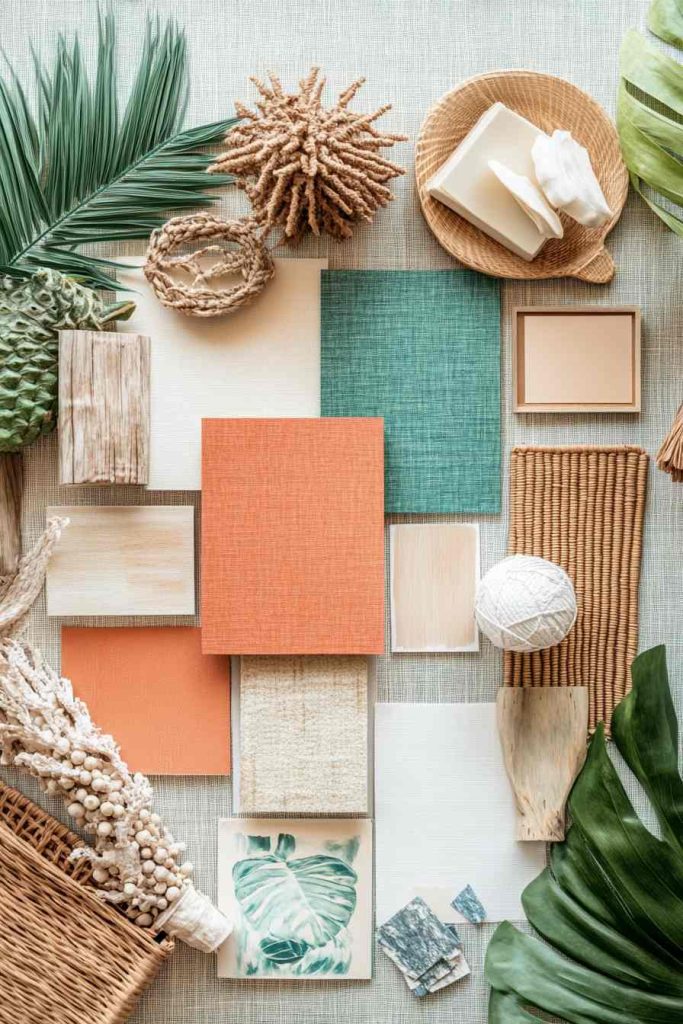
Furniture Pairings
Lightwood or rattan furniture enhances the organic vibe. Cane-backed chairs, wicker coffee tables, and driftwood shelving all complement bamboo’s texture.
Textile Choices
Soft, breathable fabrics like linen and cotton evoke the airiness of tropical environments. Use leafy or floral prints for curtains, throw pillows, and rugs to echo the natural world.
Natural Element Accents
Integrate jute rugs, seashell decor, ceramic vases, or lava rock sculptures. These materials add variety while maintaining a grounded, natural aesthetic.
Decorative Accents That Elevate the Space
Indoor Plants
A tropical room without greenery is incomplete. Choose statement plants like monstera, palms, or bird-of-paradise. Use bamboo or terracotta pots to stay consistent with the theme.
Wall Art
Consider framed botanical prints, woven wall hangings, or even surfboards for a more coastal vibe. Art should echo the textures and tones of your bamboo wall.
Lighting
Soft lighting adds drama and coziness. Use bamboo or wicker pendant lights, lanterns with LED candles, or string lights to enhance mood without overshadowing the wall.
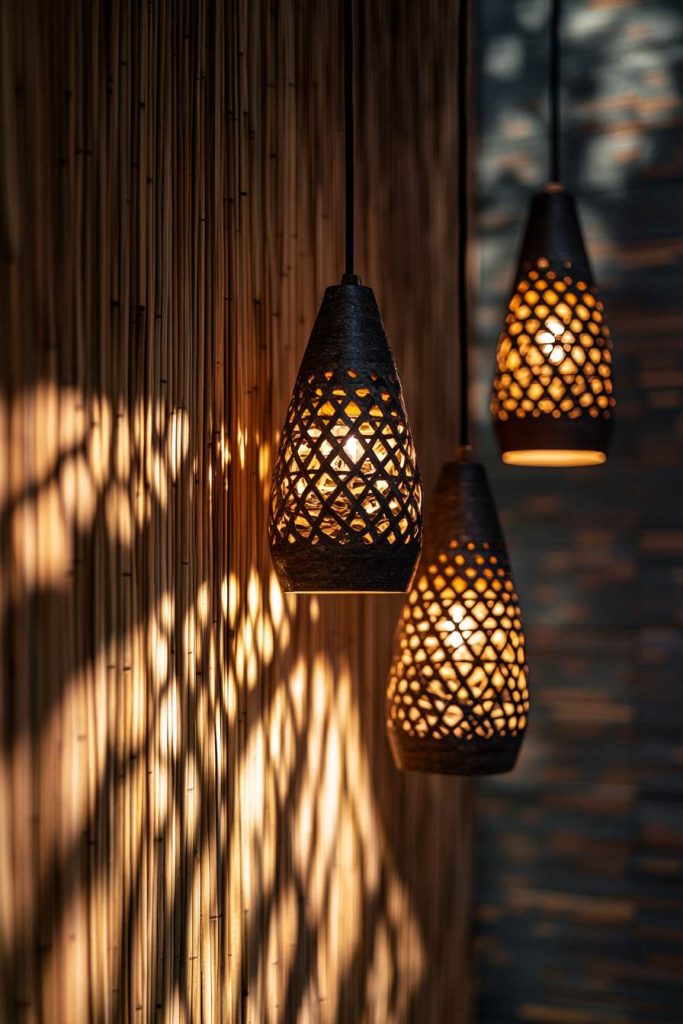
Mirrors and Reflective Surfaces
Strategically placed mirrors amplify natural light and make spaces feel larger. Choose ones with wooden or rattan frames to stay within the tropical design language.
Tropical Decor Styles Featuring Bamboo
Island Retreat
Imagine a beach resort suite: white linens, bamboo walls, tropical ceiling fans, and an open-air feel. This style embraces comfort and escape.
Modern Tropical
A cleaner, more minimalist approach. White walls, black accents, and a single bamboo wall for warmth and texture.
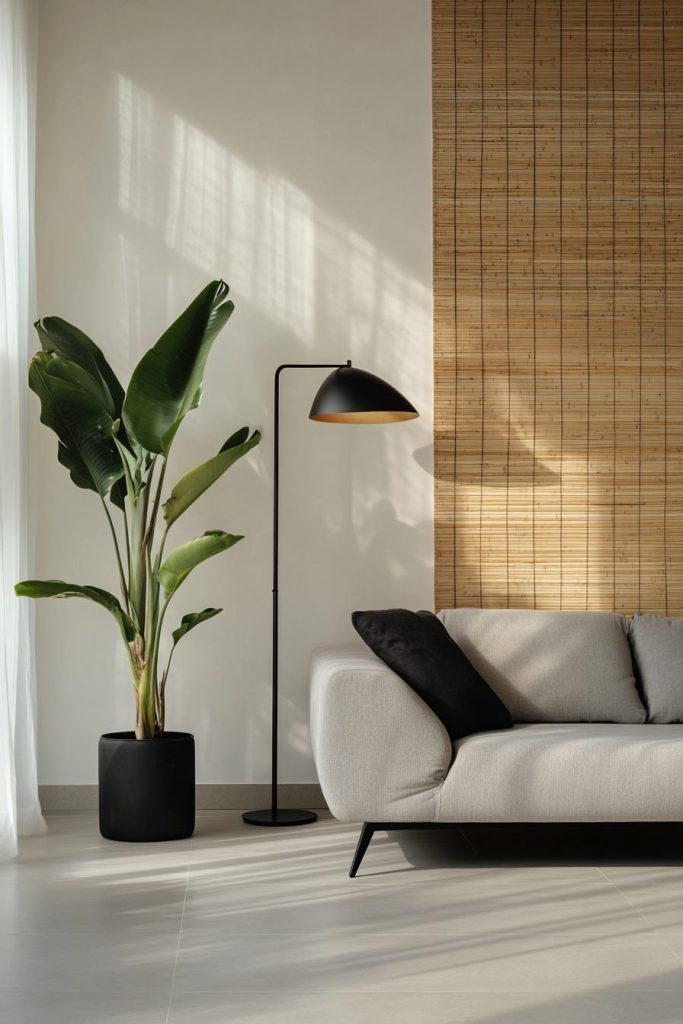
Boho-Tropical Fusion
Add Moroccan rugs, eclectic furniture, and vibrant colors. Bamboo provides a calm backdrop to the playful layering.
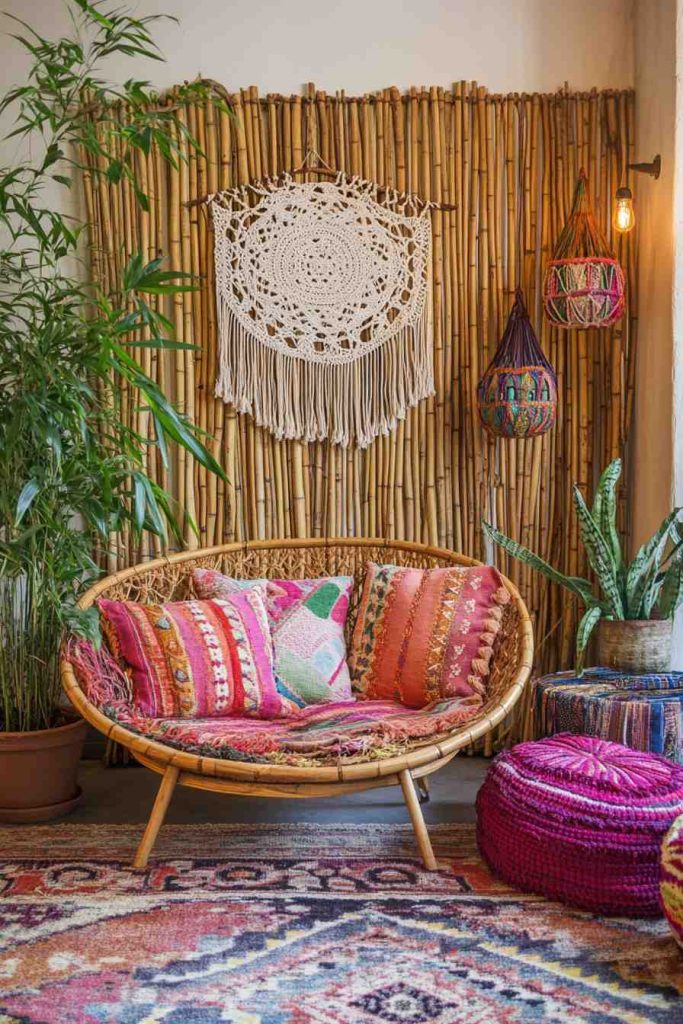
Coastal Tropics
Soft, sun-bleached tones, driftwood elements, and sea-glass accents define this light and breezy look.
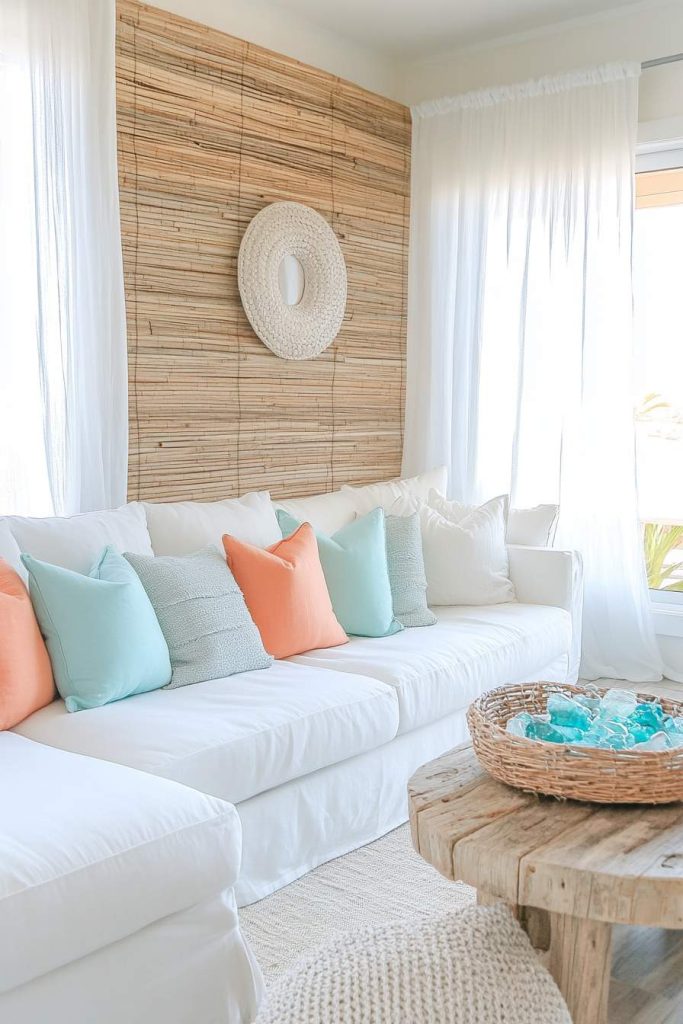
Zen Tropical
Inspired by Southeast Asian retreats. Pair bamboo with stone, low furniture, and calming greenery like bonsai and orchids.
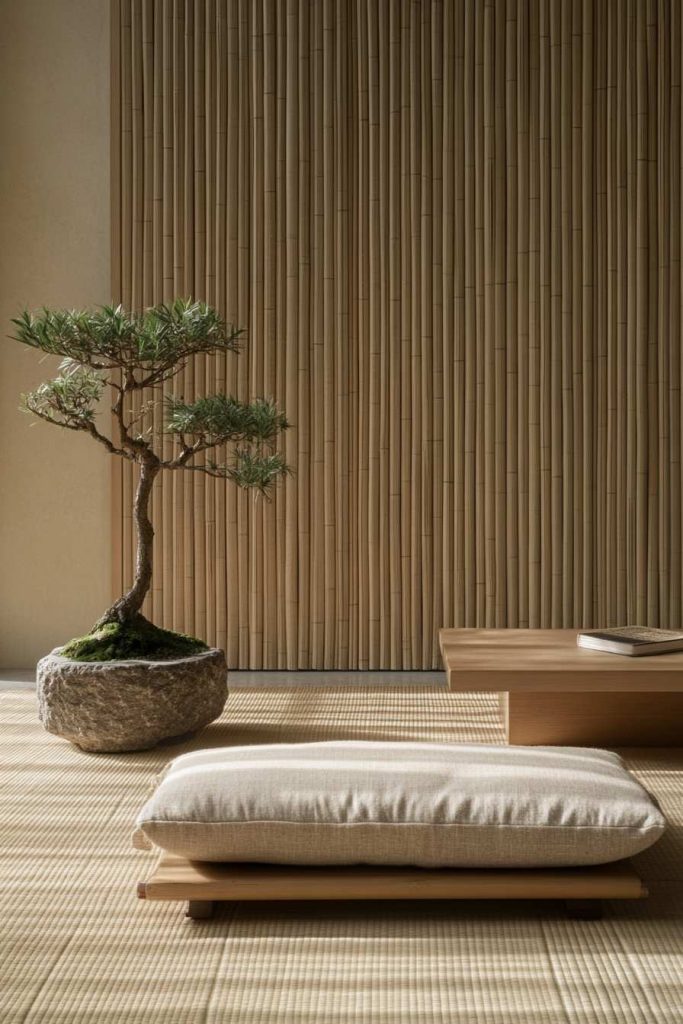
Incorporating Bamboo Accent Walls Room by Room
Living Rooms
The bamboo wall becomes a natural gathering point. Frame it with floating shelves, a low-profile sofa, or a large artwork.
Bedrooms
Install behind the headboard for a resort-style focal point. Pair with gauzy canopy drapes and linen bedding.
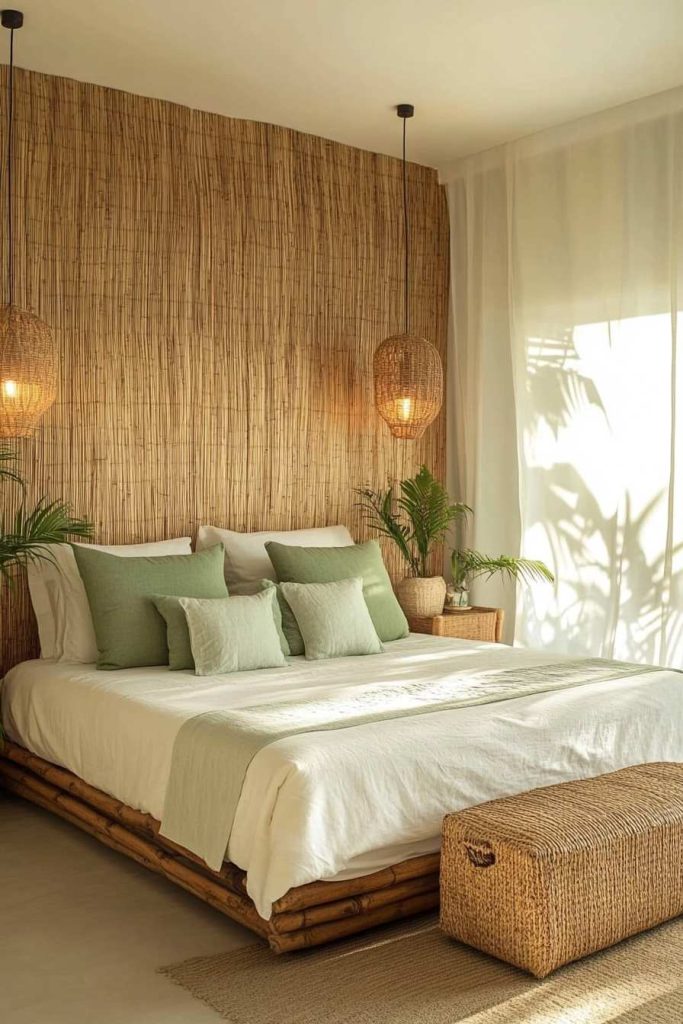
Bathrooms
Bamboo works well in moisture-prone spaces when sealed. Use it behind a freestanding tub or vanity mirror for a spa-like effect.
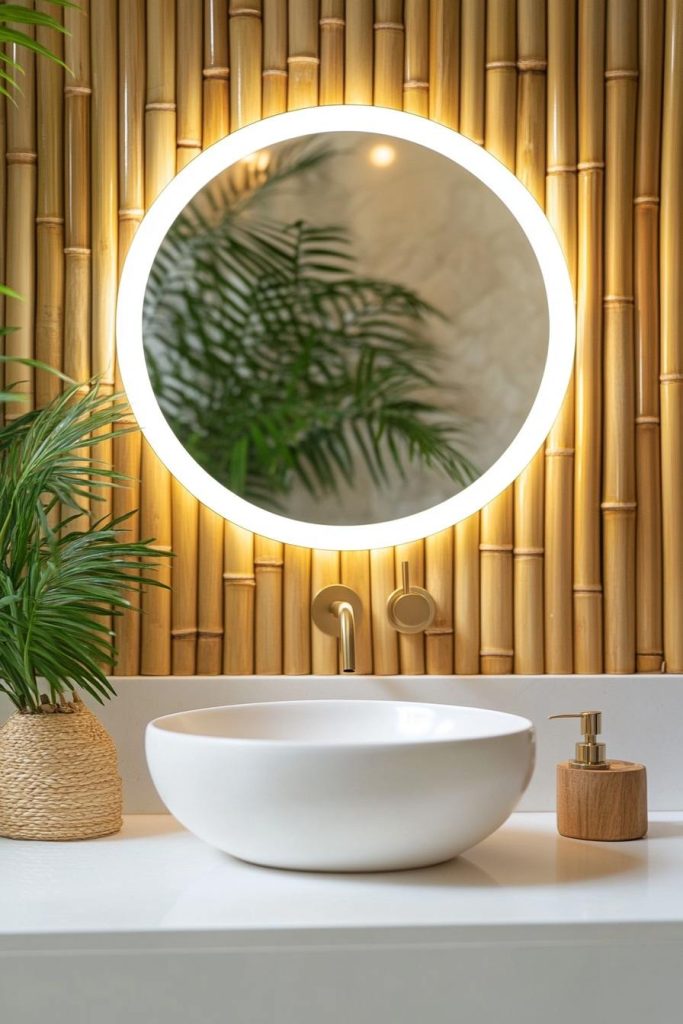
Entryways
A bamboo-clad entry instantly transports visitors. Add hooks, a console table, or tropical artwork for utility and charm.
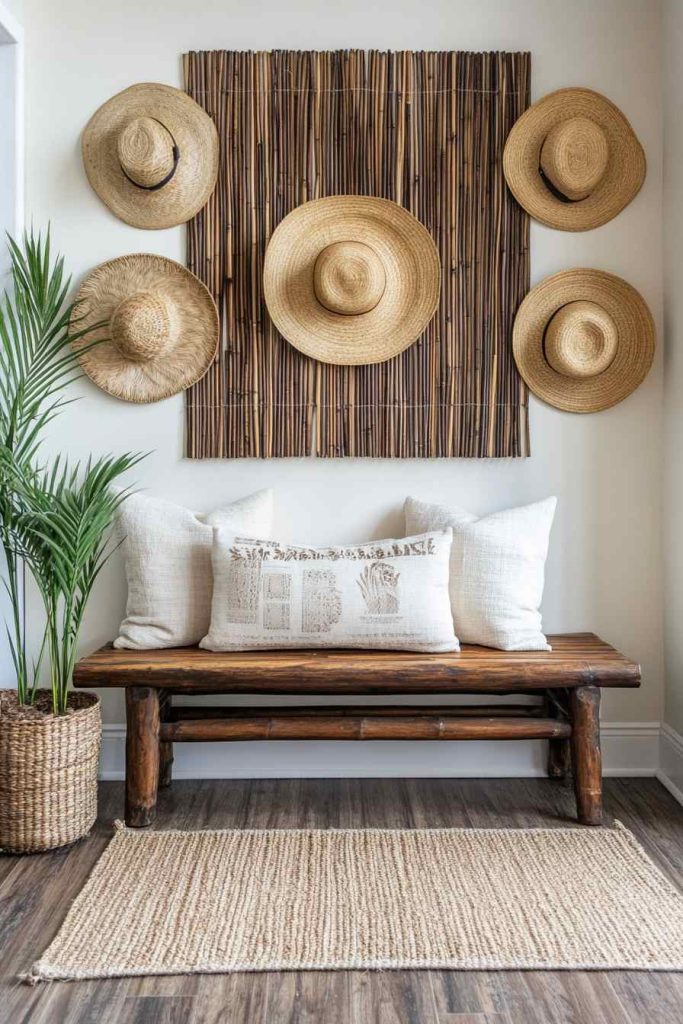
Outdoor Patios
Use treated bamboo for privacy screens or feature walls. Combine with tiki torches, hammocks, and outdoor string lights.
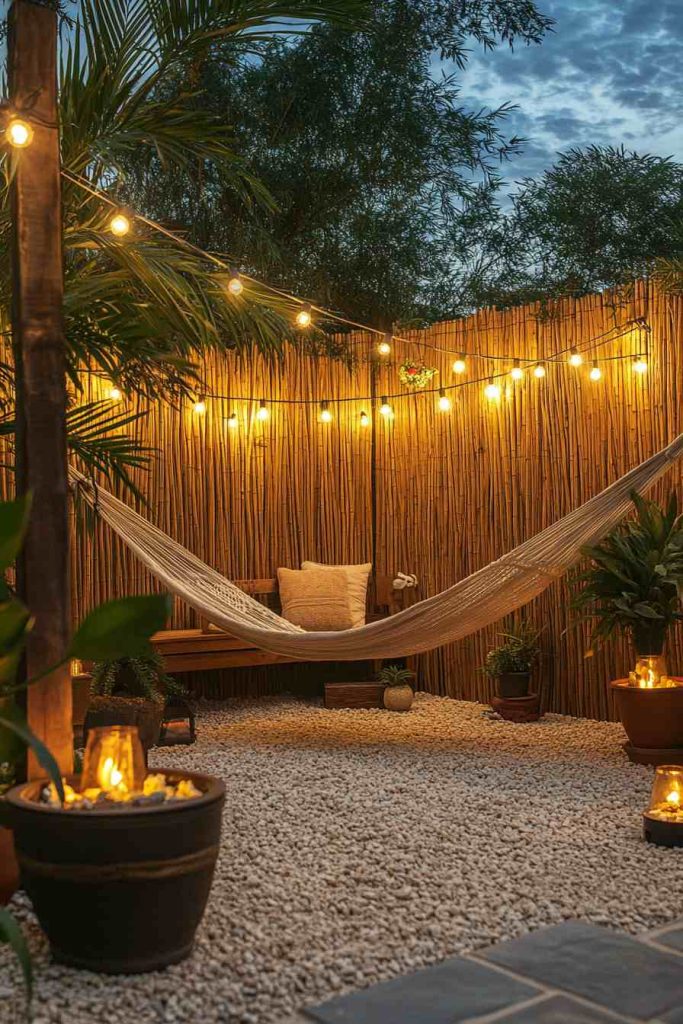
Bamboo Wall Maintenance and Care
- Regular dusting with a microfiber cloth prevents buildup.
- Occasional cleaning with a damp cloth and mild soap is sufficient.
- Avoid harsh chemicals or abrasive sponges.
- Seal with varnish every few years to enhance durability, especially in high-moisture areas.
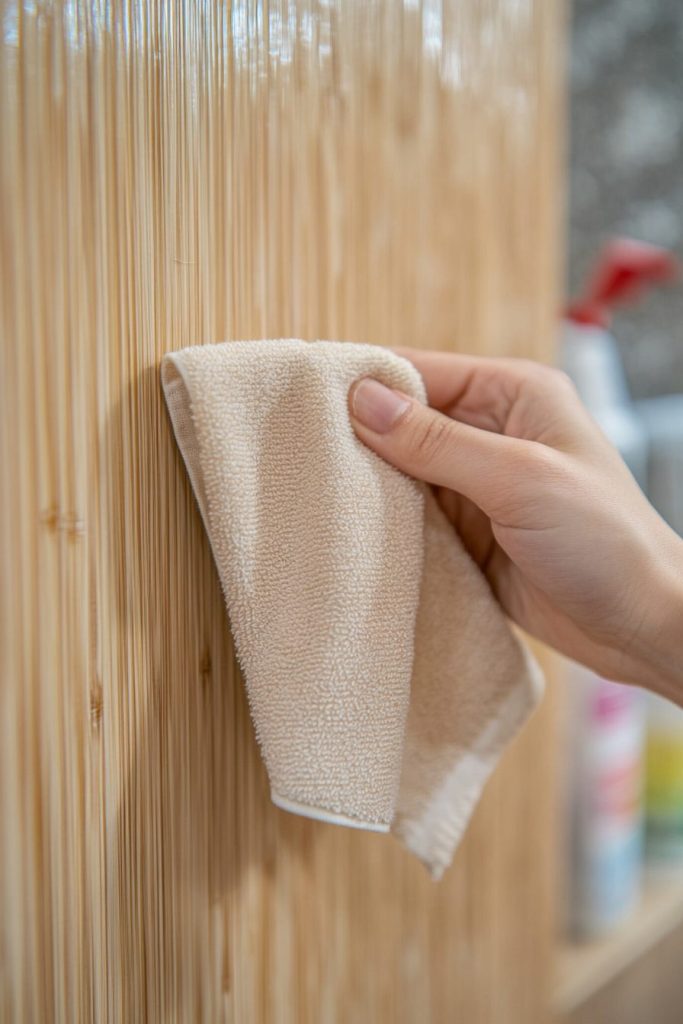
Common Design Mistakes to Avoid
- Overdecorating: Let bamboo be the star. Avoid crowding the wall with too many items.
- Incompatible colors: Bright neons or industrial grays can clash with bamboo’s natural palette.
- Ignoring lighting: Bamboo needs ambient or directional light to shine.
Real-Life Inspiration and Case Studies
- A Florida bungalow uses a bamboo wall to anchor its open-plan living space, offset with crisp white decor and oversized plants.
- A Bali-inspired guest suite in California pairs a bamboo feature wall with river rock flooring and canopy bedding for an immersive escape.
- A Hawaiian-style outdoor bar integrates bamboo with palm thatch roofing and mood lighting, creating a festive yet relaxed environment.
Where to Find Quality Bamboo Materials
- Eco-friendly retailers: Look for FSC-certified or responsibly harvested bamboo.
- Online sources: Etsy, Wayfair, and Home Depot offer both natural and faux bamboo options.
- Local garden centers or lumberyards may stock bamboo poles for custom designs.
Cost Guide and Home Value Insights
- Bamboo wallpaper: $30–$70 per roll
- Natural panels: $6–$15 per square foot
- Installation (professional): $200–$800 depending on wall size
- Bamboo walls can boost resale value, especially in vacation or rental properties, due to their stylish and eco-friendly appeal.
Sustainability and Ethical Design Considerations
- Choose renewably sourced bamboo, ideally from certified forests.
- Support fair-trade artisans and sustainable harvesting practices.
- Bamboo’s fast growth and low pesticide requirements make it one of the most eco-positive decor materials available today.
Conclusion
A bamboo accent wall is more than a design choice—it’s a lifestyle statement that reflects a love for nature, relaxation, and sustainable living. Whether your home sits near the beach or in the heart of the city, bamboo can transport your space to a tropical paradise. With the right decor, colors, and care, your bamboo wall will become a timeless centerpiece in your island-inspired escape.
Frequently Asked Questions (FAQ)
What’s the best room for a bamboo accent wall?
Bedrooms, living rooms, and bathrooms are top picks—anywhere you want to introduce texture and calm.
Can I install bamboo walls in humid climates?
Yes, just ensure bamboo is properly sealed to resist moisture and prevent warping.
Is bamboo pet- and kid-friendly?
Bamboo is tough and resilient but may scratch. Polished finishes are better for high-traffic areas.
How do I clean a bamboo wall?
Use a dry or slightly damp cloth. Avoid soaking or harsh chemicals.
Can I use bamboo outdoors?
Yes, but only treated bamboo. UV sealants are also recommended.



